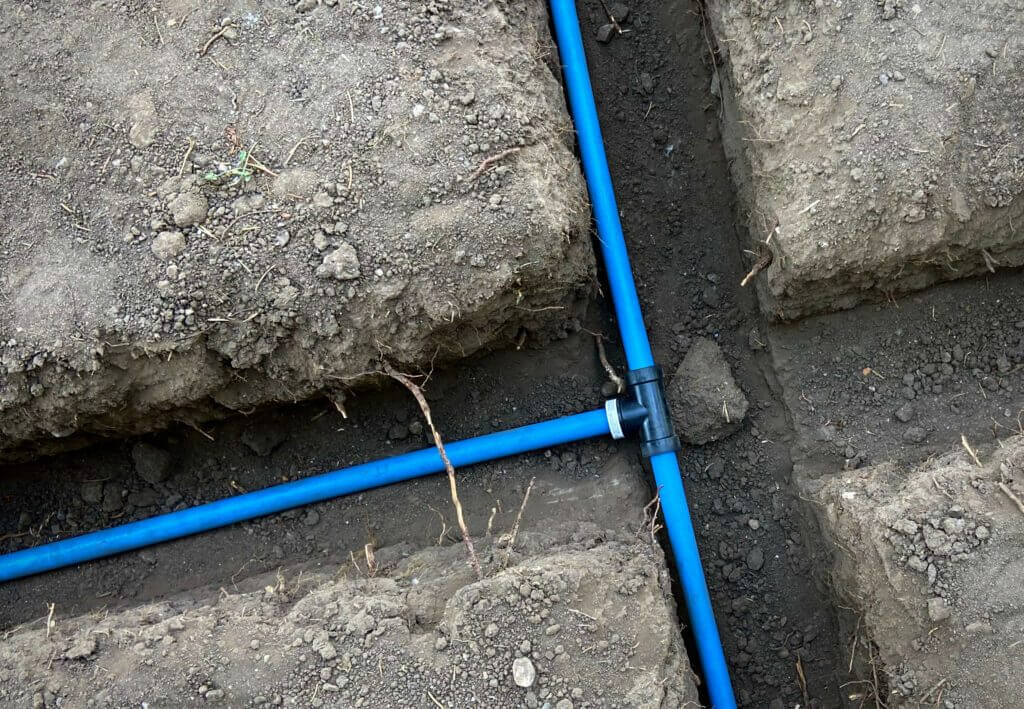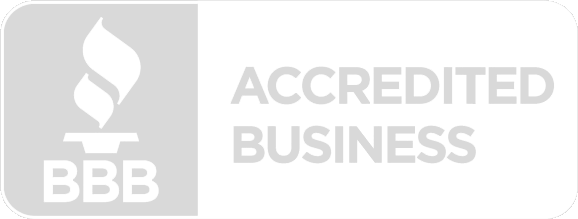What Is Plastic Water Pipe Detection and Why It’s Important?

Generally, any house or building built after 1969 will have a plastic water service due to code changes. Plastic water pipes (ABS, CPVC, PEX, PE-RT, Polypropylene, Polybutylene, PVC, etc.) cannot be located electromagnetically (unless inserted with something metal). CNI Locates uses electronic pulse transmitters to send a gentle (safe) water pulse through your pipe that we can acoustically listen for with our amplified listening devices.
CNI Locates averages locating plastic water pipes under 2 inches in diameter between 100’-150’ depending on multiple variables (size of pipe, depth of pipe, soil condition, amount of t’s, elbows, angles, etc.). We usually are not able to hear pipes under 2 inches in diameter over 4’ deep. When the pipe is not locatable with our plastic pipe line locates and ground penetrating radar, the water line must be inserted with a brand- new “steel” fish tape (to avoid putting bacteria into the line). Once the steel fish tape has been inserted into the water line, we can guarantee the location of our locates by using an electromagnetic transmitter to send a signal through the steel fish tape that we can locate with our electromagnetic receivers.
If you have a leak on a plastic water line, a plastic water locator is essential to finding the location of the leak. Generally, any house or building built before 1969 will have a galvanized service that is electromagnetically locatable. If the underground pipe is locatable, we will have a 99 percent success rate of finding the leak since we will be able to mark the exact location and approximate depth of the service (CNI Locates cannot guarantee the ability to find all leaks due to all the limitations that can occur on a site (e.g., plastic pipes (undetectable pipes), unknown lines that branch out from the main line, pipe depth, slopes, path of least resistance, landscape matting, vapor barriers, length of pipe (pipes over 300’ in length may need valves installed), size of pipe, size of the leak, soil the pipe is buried in, access to the utility, obstacles, backflow preventers, frost free hose bibs, noise in the work area, surface type, ability to drill test holes, property owner not being on site to let us test for the leak inside or to hook up our equipment, etc.)).
Plastic Water Pipes Under 2” (Small Electronic Pulse Transmitter)
Small Electronic Pulse Transmitters (EPTs) also known as knockers, transondes, tappers, thumpers, and plastic pipe locators generate a pulse or a noise in the water pipe, which can be heard with the use of an acoustical listening device. This sound can be heard at depths in excess of 4 ft and for more than 300 ft in length depending on the size of the pipe, depth of pipe, soil condition, amount of t’s, elbows, angles, etc. Our small EPTs are suitable for domestic pipes up to 2 inches in diameter, although they can be used on larger pipes with some success. The water flow through the device is minimal but enough to generate a very loud thump.
Plastic Water Pipes Over 2” (Large Electronic Pulse Transmitter)
Large Electronic Pulse Transmitters (EPTs) also known as knockers, transondes, tappers, thumpers, and plastic pipe locators generate a pulse or a noise in the water pipe, which can be heard with the use of an acoustical listening device. This pulse or thump can be heard at depths over 4’ and traced up to 1000’ in length depending on the size of pipe, depth of pipe, soil condition, amount of t’s, elbows, angles, etc. In some scenarios, we have heard the noise up to 30’ deep and traced a 6” main for Over 1000’. Our Large EPTs are suitable for water mains over 2 inches in diameter. The water flow through this device is significantly more than the small electronic pulse transmitters.
Contact CNI Locates for Plastic Water Locate Services
CNI Locates technicians provide reliable plastic water locates & underground pipe locator services that help complement all of the other underground utility detection & inspection services we have to offer. Our other services include Aerial Drone Imagery, Design Survey Locating, Electrical Fault Detection, Ground Penetrating Radar, Leak Detection, Magnetic Detection, Metallic Line Detection, Non-Metallic Line Detection, Public and Private Pipeline Locates, Sewer Crawler Inspections, Sophisticated Reports, Structural & Concrete Imaging, Utility Mapping, Video Push Camera Inspections, and more in all of Oregon and Washington State. We have field office locations in Eugene, OR; Portland, OR; Everett, WA; Renton, WA; Seattle, WA; and Tacoma, WA.
If you have any inquiries about our services (whether they are specific or general), please do not hesitate to contact us at (877) 826-1177 or email [email protected]. We are happy to explain all of the services we offer.


